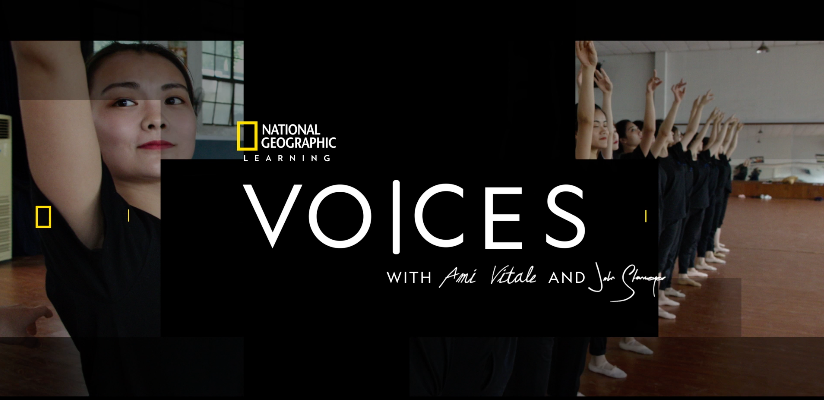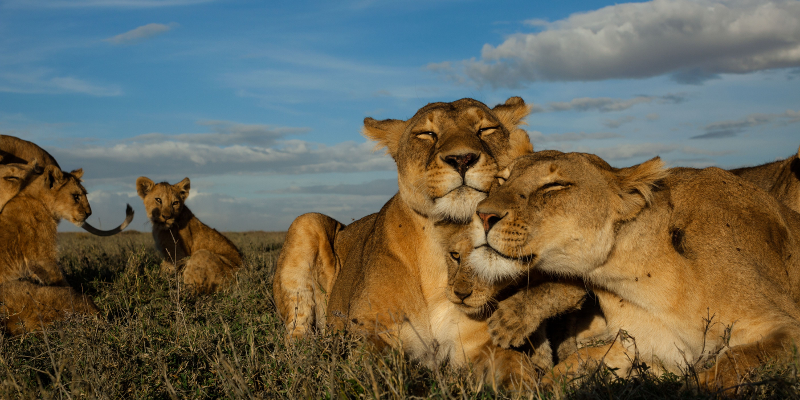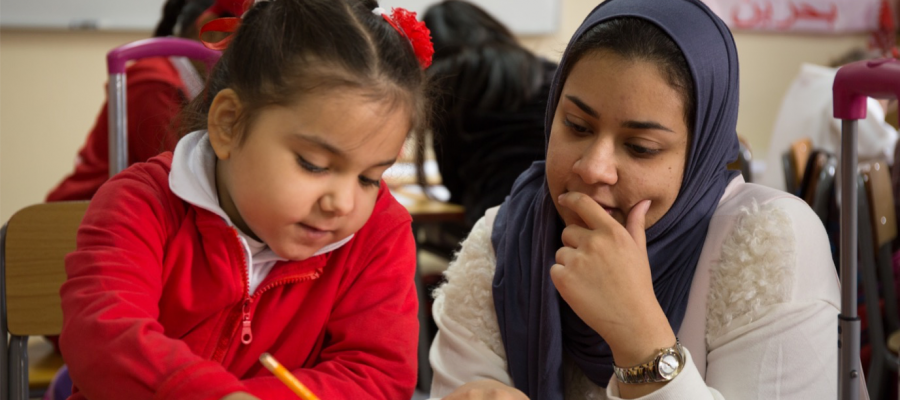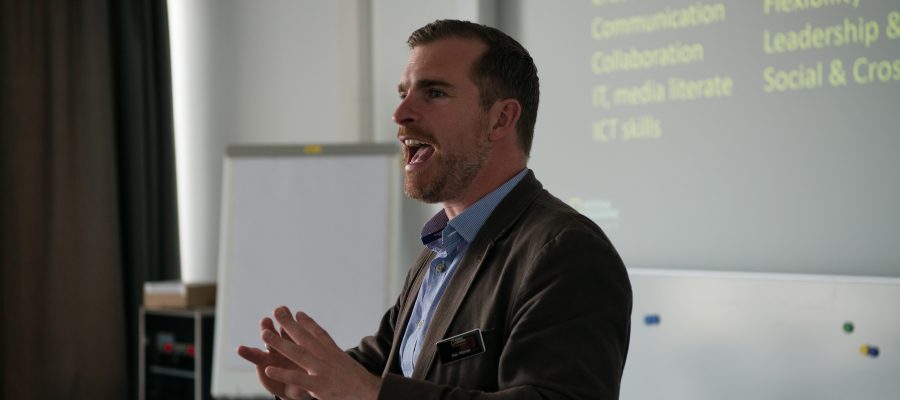Many teachers now have to monitor their learners’ progression – for themselves and for others, such as parents. But we don’t want to keep giving our young learners formal tests, so how can we check how well they are doing while also giving them good support to help them improve?












